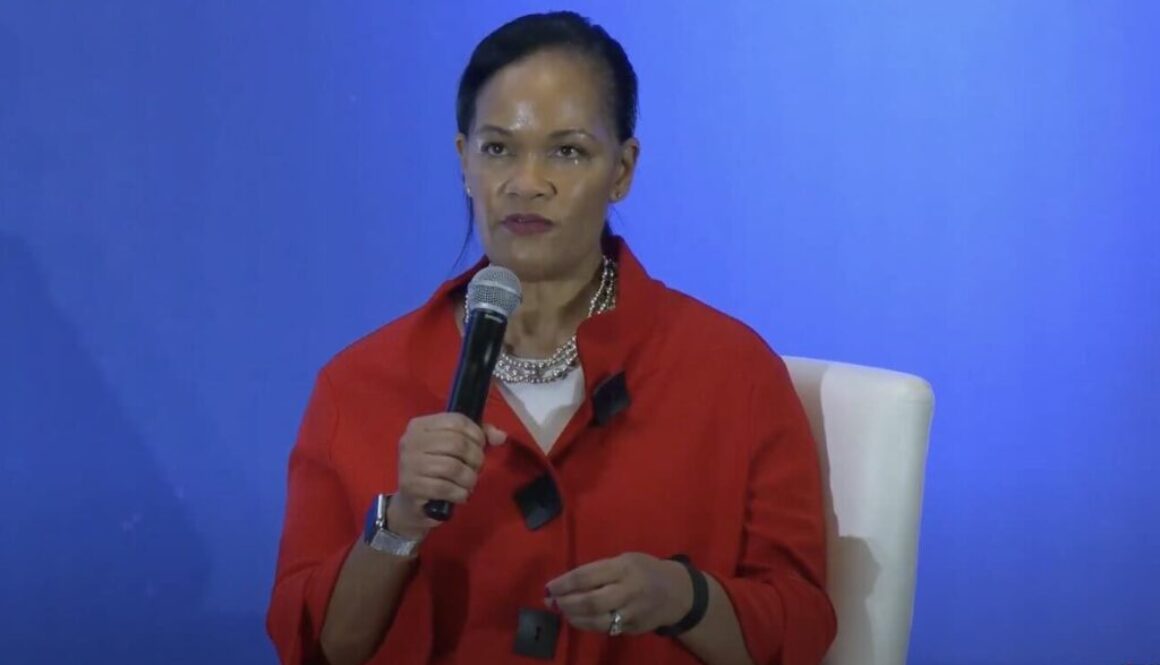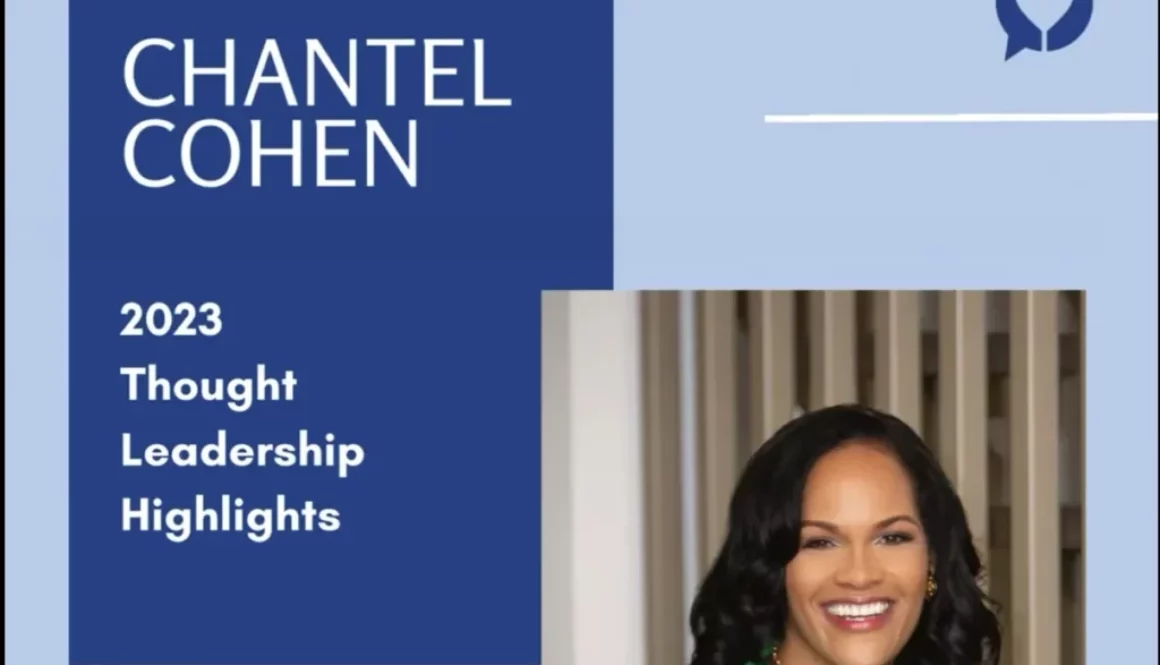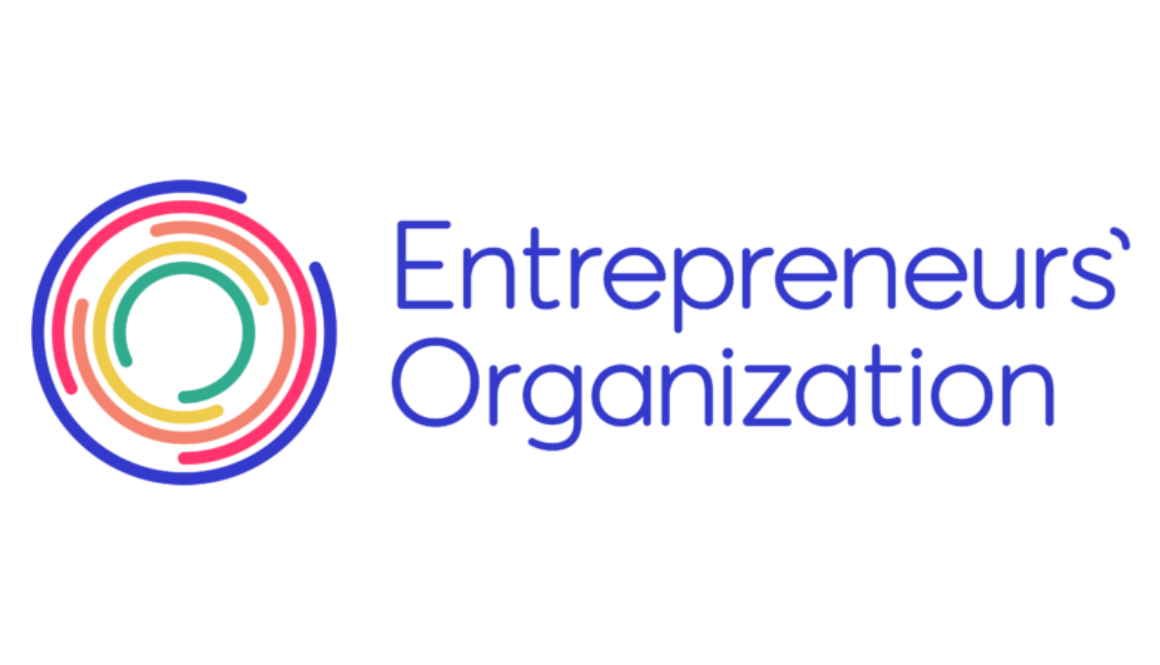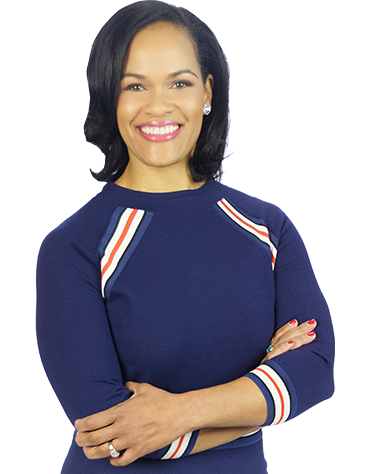Written by Chantel Cohen
As leaders, we understand that the strength of our businesses often hinges on the quality of the relationships at the top. The dynamic between a CEO and a CFO is especially important, acting as the backbone of strategic decision-making and financial stewardship. When these roles are in sync, the partnership not only enhances organizational agility but also facilitates risk management and the development of robust growth strategies.
However, maintaining synergy can be challenging, even under the best circumstances. Communication breakdowns and misaligned visions may stifle growth and erode trust. These issues typically arise from a lack of clear and open dialogue, leading to competing priorities and missed opportunities. Ambiguity in responsibilities can also spark conflict, further complicating the collaborative process. Mutual confidence is essential for productive teamwork; without it, the decision-making process can become fraught with hesitation and second-guessing, undermining the effectiveness of your entire leadership team.
As a licensed therapist and business coach, I know that the foundation of any successful executive relationship is built on a blend of empathy and trust. I meet with business leaders time and time again who express frustration about getting these relationships right, often due to the mounting pressure to grow and change along with the marketplace. After all, 45% of CEOs and 62% of CFOs rank growth among their top three strategic priorities. These numbers highlight the need for strong leadership dynamics in which executives are not only equipped to handle the pressures of their roles but also navigate the complexities of their relationships to drive the company forward.
Signs of Healthy vs. Troubled Partnerships
In navigating the intricacies of the CEO-CFO relationship, being able to recognize the signs of both healthy and troubled partnerships is crucial. A healthy relationship is characterized by several key indicators:
- Open Communication: The two of you engage in frequent, candid discussions not only about business strategies but also about any concerns in order to prevent misunderstandings and promote transparency.
- Mutual Respect: A strong partnership is built on respect for each other’s expertise and roles, in which both the CEO and CFO value each other’s input and appreciate the unique perspectives you bring to the table.
- Aligned Goals: Despite potentially different approaches, a healthy CEO-CFO relationship includes aligned long-term objectives, where both parties work collaboratively towards shared goals.
- Supportive Interaction: You support each other through challenges, whether it’s providing reassurance during high-pressure situations or being understanding of stressful times.
On the other hand, signs that the relationship may be under strain include:
- Frequent Conflicts: While disagreements are normal, persistent conflict, especially over core responsibilities and strategic directions, may be indicative of a deeper issue.
- Lack of Trust: If either party feels they cannot rely on the other to fulfill commitments or keep confidences, it undermines the partnership.
- Avoidance Behavior: Regular avoidance of discussions about key financial or strategic issues can be a sign of underlying tension.
- Inconsistent Messages: When the CEO and CFO give conflicting information to stakeholders within the company, there may be a lack of coordination and communication.
Key Strategies for Success
If you feel like your relationship with your CFO is more of the latter, don’t worry! Here are a few tips to help you strengthen this partnership:
- Schedule a regular check-in meeting where the two of you can update each other on key priorities, challenges, or concerns. Use a shared document to track these updates, so both parties have continuous access to the latest information. To enhance your connection, start each meeting with a personal check-in. Share highlights from your weekend, upcoming plans, or anything outside of work that might impact how you show up. I like to do this with each of my team members and find it helps strengthen our communication.
- At the start of each fiscal year, dedicate a full day to a strategic alignment workshop. During this session, both of you should present your vision and strategic priorities. Follow this with breakout sessions where other executives can provide input and help refine these goals. Amazon founder Jeff Bezos attributes much of his success to regular strategic alignment sessions with his executive team. These sessions ensure everyone is working towards the same objectives and can adapt strategies as needed throughout the year.
- According to Patrick Lencioni in “The Five Dysfunctions of a Team,” engaging in productive ideological conflict produces the best solutions. So, try implementing a “Red Team” approach for major strategic decisions and ask your CFO to challenge your ideas to identify potential weaknesses. In turn, this role-reversal exercise fosters a culture where your executive team can bring up any concerns they might have about business operations.
- Use tools like Gallup’s Clifton Strengths to assess both your strengths and those of your CFO. Schedule a dedicated session to review the results together and discuss how to leverage each other’s strengths in day-to-day operations. Revisit these strengths in quarterly performance reviews and adjust responsibilities as needed to align with them.
I like to say that “everything great begins with a conversation.” So, I encourage you to take action today and schedule a candid discussion with your CFO to set the groundwork for an amazing working relationship that can directly impact the overall success of your organization.
Originally published on: https://www.americanbusinessmag.com/2024/06/how-to-make-the-most-of-your-ceo-cfo-partnership/

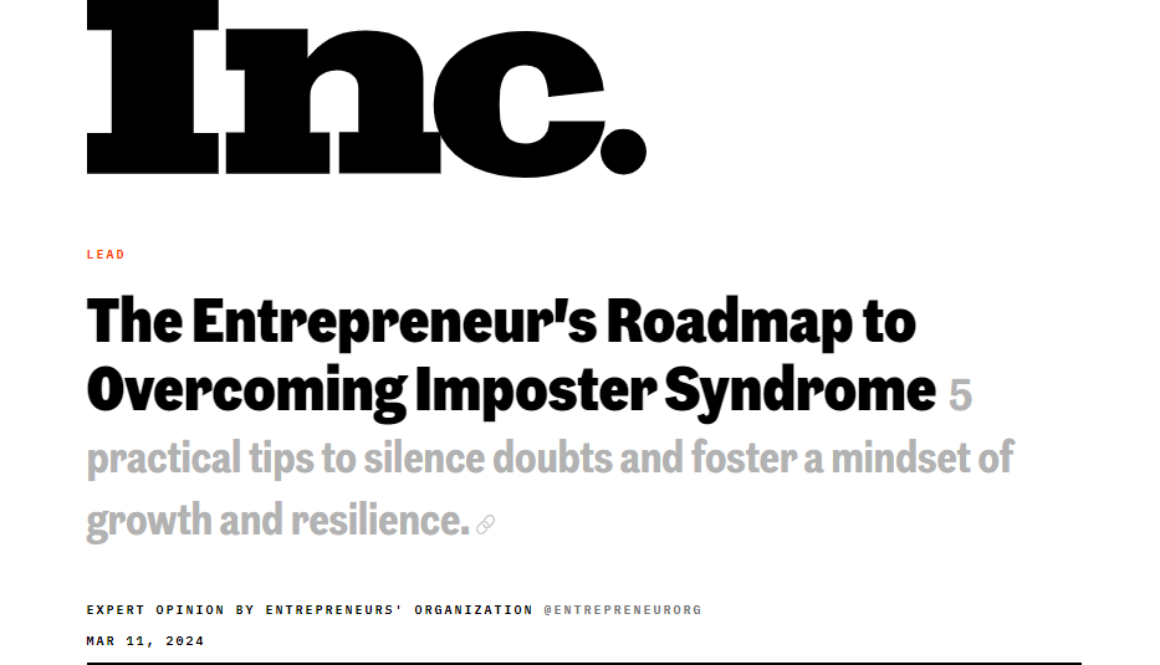
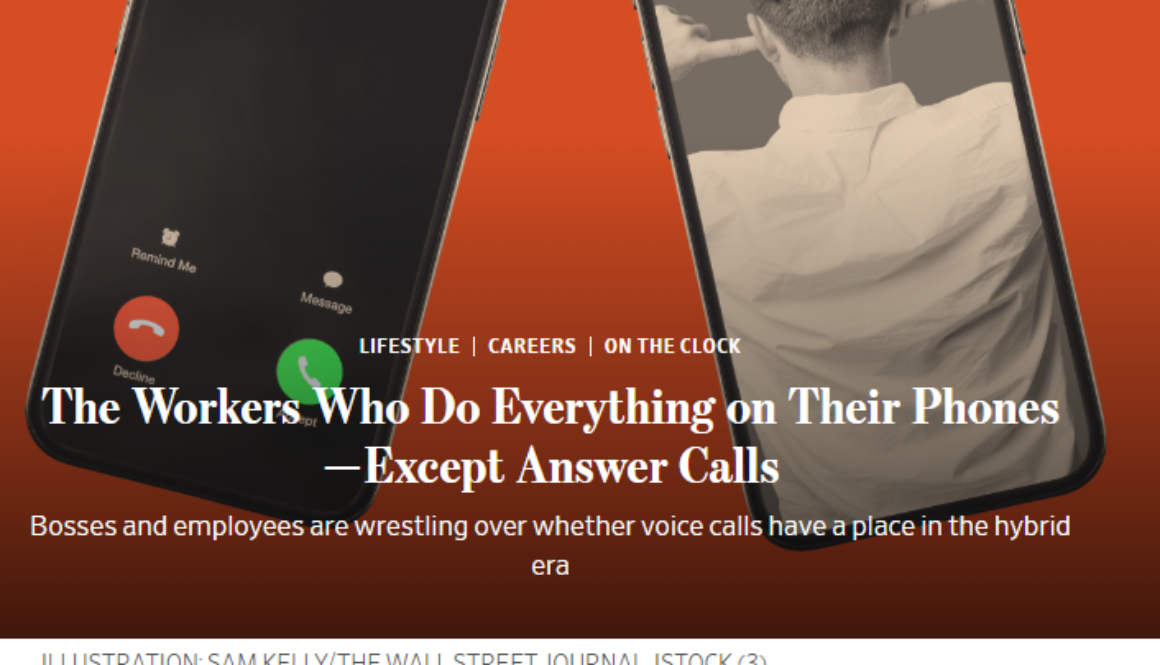


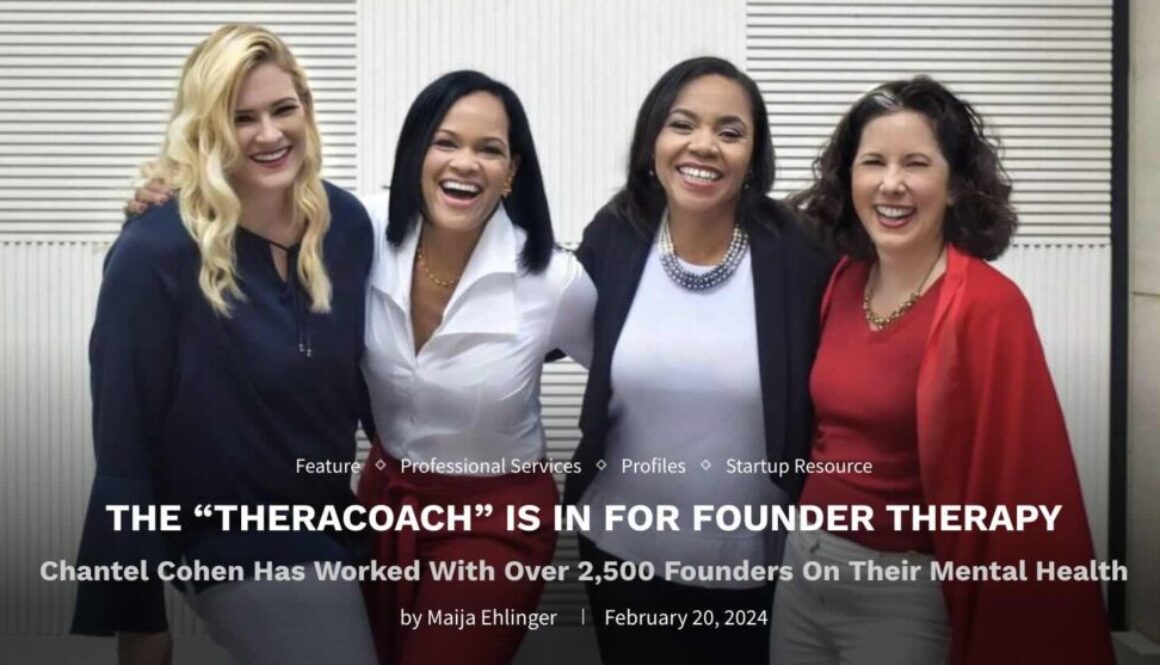
 The “Theracoach” Is In for Founder Therapy
The “Theracoach” Is In for Founder Therapy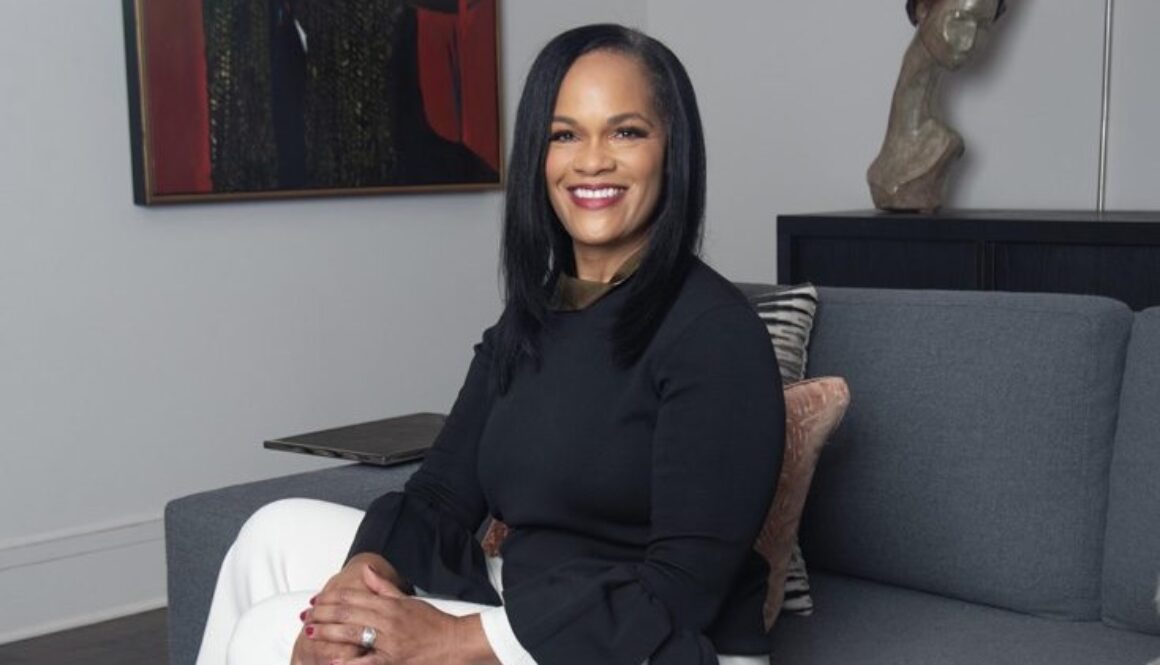
 Buckhead resident and owner of CWC Coaching & Therapy Chantel Cohen is both a certified business coach and a licensed therapist.
Buckhead resident and owner of CWC Coaching & Therapy Chantel Cohen is both a certified business coach and a licensed therapist.